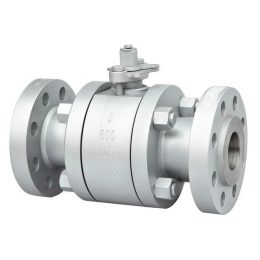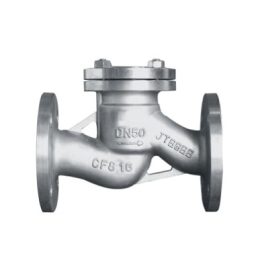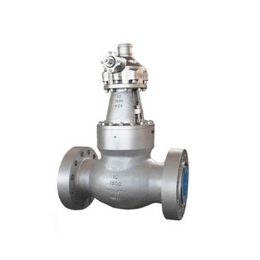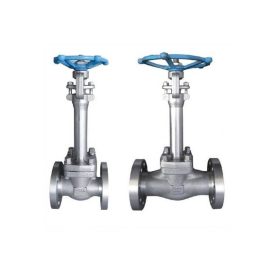“Understanding Floating Ball Valves: Essential Components for Reliable Fluid Control in Hydraulic Systems”
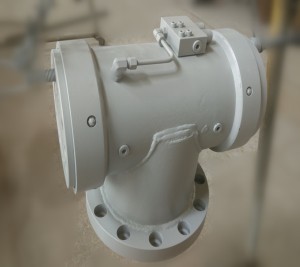
Floating ball valves are an essential component of any hydraulic system, offering reliable and efficient control over fluid flow. These valves are widely used in various industries, including oil and gas, chemical, and pharmaceuticals, among others. Their unique design and construction make them ideal for use in various applications, from low-pressure to high-pressure systems. In this article, we’ll take a closer look at what floating ball valves are and why they are so important.
What Is Meant By Floating Ball Valve?
A floating ball valve is a type of ball valve that uses two elastomeric seats to control fluid flow. The ball is squeezable towards the valve’s elastomeric support, allowing it to float. This design provides a good seal between the ball and the valve body. The ball is free to move laterally and rotate, while the stem is fixed to the valve body. When the valve is closed, the ball is pushed against the seats, creating a tight seal that prevents the fluid from flowing through. When the valve is open, the ball is moved away from the seats, allowing the fluid to flow through.
Advantages of a Floating Ball Valve
Floating ball valves offer several advantages over other types of valves. Their size is small, and their weight is low, which makes them ideal for use in applications where space and weight are limited. They are also easy to operate, as you just need to turn the handle quarterly. The simple structure and lightweight design make them easy to use. They also have small fluid resistance and are reliable.
Floating ball valves can be used in many applications, including complex applications involving high temperatures and pressures. When choosing one, take into account the type of seal used and whether the valve is a two-piece valve. The advantages of a floating ball valve can’t be matched by any other type of valve.
Another advantage of a floating ball valve is its easy installation and low maintenance. The floating ball valve uses a sphere-like ball that floats slightly in a liquid, allowing it to open and close when needed. The float-ball ball valve offers a failsafe and simple mechanism, making it an excellent choice for many applications. A floating ball valve is also very economical and lightweight, making it an excellent choice for many applications.
Applications of Floating Ball Valves
Floating ball valves are widely used in various applications, including:
- Oil and Gas Industry: Floating ball valves are commonly used in the oil and gas industry, where they are used to control the flow of crude oil, natural gas, and other hydrocarbons. They are also used in pipelines, refineries, and petrochemical plants.
- Chemical Industry: Floating ball valves are used in the chemical industry to control the flow of chemicals, acids, and other corrosive substances. They are also used in the production of plastics, rubber, and other chemical products.
- Pharmaceutical Industry: Floating ball valves are used in the pharmaceutical industry to control the flow of liquids, gases, and other substances used in the production of drugs and medical devices.
- Water Treatment Industry: Floating ball valves are used in the water treatment industry to control the flow of water and other liquids used in the treatment of drinking water and wastewater.
Conclusion
In conclusion, a floating ball valve is an essential component in any hydraulic system, providing reliable and efficient control over fluid flow. They offer several advantages over other types of valves, including easy operation, low maintenance, and small fluid resistance. Floating ball valves are widely used in various industries, including oil and gas, chemical, pharmaceuticals, and water treatment, among others.
- What is the Bronze Ball Valve?
- Making a Manual Bronze Shut-Off Gate Valve
- Valve Maintenance: Tips and Tricks for Prolonging Valve Life
- A Lift Check Valve and Its Applications
- Trunnion-Mounted Ball Valve: Benefits and Limitations
- Everything You Need to Know About Globe Valves: Types, Parts, and Working Principles
